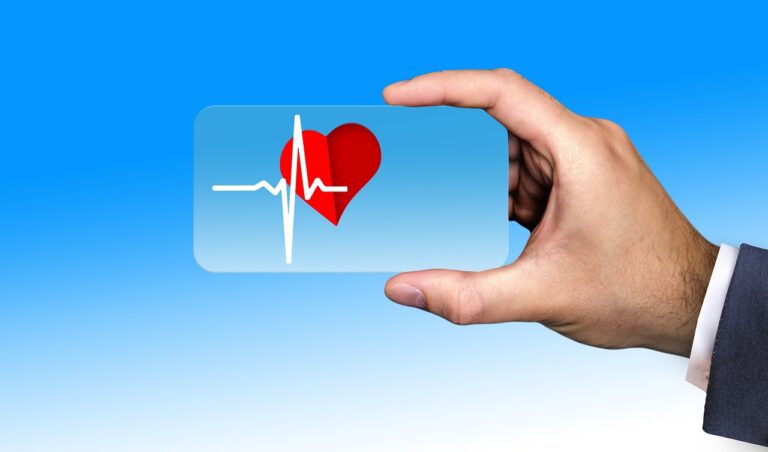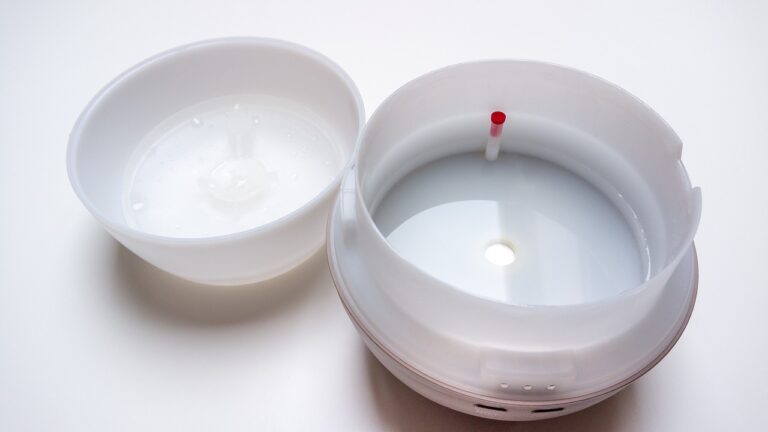The Potential of Biofeedback in Stress Management
Biofeedback is a powerful tool that has shown positive results in stress reduction. By helping individuals become more aware of their physiological responses to stress, biofeedback enables them to learn how to control these responses. This can lead to reduced levels of stress and anxiety, promoting a sense of well-being and relaxation.
One of the key benefits of biofeedback in stress reduction is its non-invasive nature. Unlike medications or other treatment options, biofeedback does not involve the use of drugs or invasive procedures. This makes it a safe and natural alternative for individuals looking to manage their stress in a holistic way.
Understanding the Science Behind Biofeedback
Biofeedback is a mind-body technique that offers individuals the ability to monitor and gain control over their physiological responses. By using sensors to measure bodily functions such as heart rate, skin temperature, and muscle tension, biofeedback provides real-time feedback to individuals. This feedback helps them understand how their body is reacting to stressors or stimuli, ultimately empowering them to modify these responses through relaxation techniques.
The science behind biofeedback lies in the concept of operant conditioning, where individuals can learn to improve their physiological functions through continuous feedback and practice. Through this process, individuals can increase their awareness of their body’s reactions and learn to exert control over functions that are typically involuntary. By training themselves to regulate these bodily responses, individuals can effectively manage stress and improve their overall well-being.
Different Types of Biofeedback Techniques
Biofeedback techniques encompass a variety of approaches that aim to help individuals gain awareness and control over their physiological responses. One common type is electromyography (EMG) biofeedback, which measures and provides feedback on muscle tension levels. By learning to relax muscles based on the feedback received, individuals can reduce stress and alleviate physical symptoms associated with tension.
Another type of biofeedback is skin temperature biofeedback, which focuses on monitoring changes in skin temperature that are reflective of stress levels. By using this technique, individuals can learn to increase blood flow to the extremities and improve relaxation. These biofeedback methods offer individuals valuable tools for managing stress and improving their overall well-being.
How does biofeedback help in stress reduction?
Biofeedback helps individuals become more aware of their physiological responses to stress, such as increased heart rate or muscle tension, allowing them to learn how to control and reduce these responses through relaxation techniques.
What is the science behind biofeedback?
Biofeedback works on the principle that by providing individuals with real-time information about their physiological processes, such as heart rate or brain waves, they can learn to control these processes through mental techniques.
What are the different types of biofeedback techniques?
There are several types of biofeedback techniques, including electromyography (EMG) biofeedback for muscle tension, thermal biofeedback for skin temperature regulation, and neurofeedback for brain wave activity monitoring.
Is biofeedback a safe and effective way to manage stress?
Yes, biofeedback is considered a safe and effective method for managing stress, as it provides individuals with a non-invasive way to learn how to control their physiological responses and promote relaxation.







